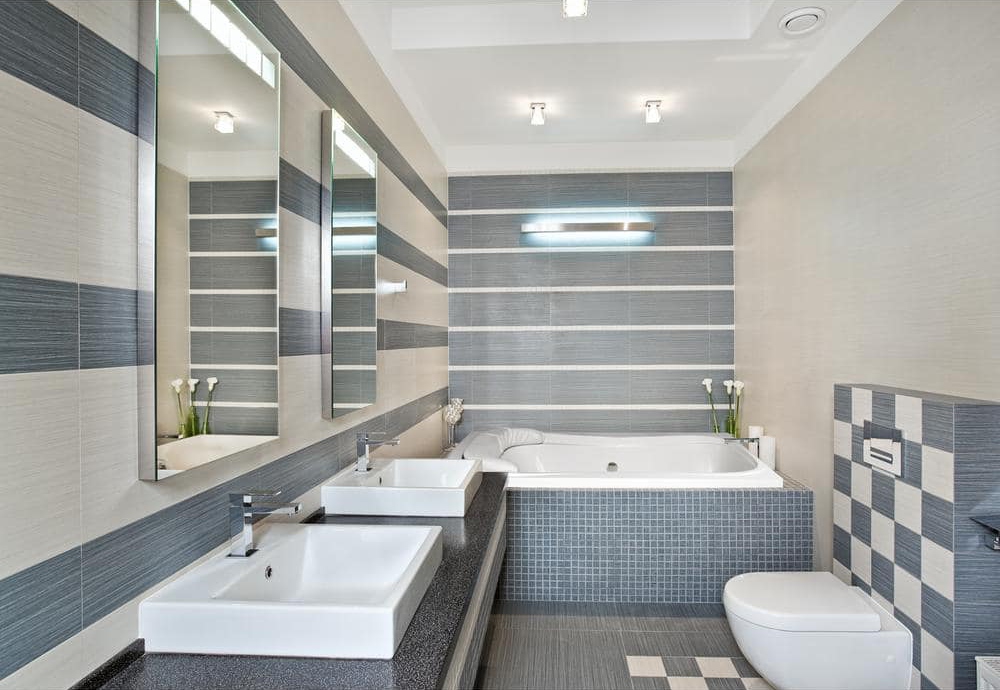Debunking Common Plumbing Myths

California is known for its gravity hills, areas where a car left in neutral will actually roll uphill, seemingly of its own volition. At least, that’s how the story goes. The reality is a bit more pedestrian; it’s an optical illusion, and your car is actually rolling downhill even though it doesn’t appear to be. Suffice to say, when it comes to your home’s plumbing things aren’t always what they appear, or what you’ve been told, either. Let’s separate plumbing fact, drawn from years’ worth of plumbing jobs done by Home Ace Plumbing, from myth.
Myth: [This food] is a great cleaner for the garbage disposal!
Fact: Contrary to what you may have heard, don’t use eggshells, coffee grounds, or uncooked rice to try to clean your disposal. They turn to grit and can cause damage. Citrus fruits like lemons and oranges won’t damage your disposal, but they also won’t do much to clean it (though we admit, it’ll smell nicer for a bit). Ice cubes or white vinegar will do a better cleaning job than lemons will, while a cleaning product specifically formulated to be safe for garbage disposals works best of all.
Myth: You should put a brick in your toilet tank.
Fact: No, you really shouldn’t. We understand the thought behind this one — in theory, the brick displaces some water, conserving a little bit per flush — but we’ve also seen enough toilets damaged by misplaced, dropped, or decaying bricks that we’d advise against it. If you really want to save water, install a high-efficiency toilet.
Myth: But it says “flushable” right on the package!
Fact: Sure it does, but with the exception of human waste and toilet paper, nothing else should go down the toilet. Baby wipes, facial wipes, kitty litter, cleaning products, and a wide range of other things may be advertised as “flushable,” but they can and do cause clogs.
Myth: The drains still work, so my pipes are fine.
Fact: Even when you’re careful about what goes down the drain — you compost your coffee grounds and keep grease in a separate jar just like you should, and you’re diligent about what goes down your garbage disposal — plenty of gunk still builds up in your pipes over time. It’s a good idea to have your pipes inspected periodically so they can be cleaned as needed.
Myth: It’s just a slow drip.
Fact: That slow drip wastes more water than you think — an average of 10,000 gallons per year, per household, according to the EPA. The slow drip you see may not even be the worst of your problems. If you’re not sure if you have leaks, try an experiment. Locate your water meter and take a reading before you head out for a few hours. If you have no leaks, the meter shouldn’t budge by the time you get home. If it’s showing water use, you don’t have a thirsty ghost. You’ve got a leak, and you should get in touch with Ace Plumbing for expert plumbing repairs.



